On the afternoon of April 4, Prime Minister Pham Minh Chinh left Hanoi to attend the 4th Mekong River Commission Summit in Vientiane, Lao People's Democratic Republic at the invitation of Lao Prime Minister Sonexay Siphandone.
Accompanying Prime Minister Pham Minh Chinh to the conference were: Minister of Planning and Investment Nguyen Chi Dung; Minister of Agriculture and Rural Development Le Minh Hoan; Deputy Minister of Public Security Nguyen Duy Ngoc; Deputy Minister of Foreign Affairs Do Hung Viet; Deputy Head of the Government Office Nguyen Xuan Thanh; Deputy Minister of Natural Resources and Environment Le Cong Thanh; Deputy Minister of Transport Nguyen Xuan Sang; Deputy Minister of Science and Technology Nguyen Hoang Giang; Vietnamese Ambassador to Laos Nguyen Ba Hung.
The theme of the 4th Mekong River Commission Summit is "Innovation and cooperation to ensure water security and sustainable development of the Mekong River Basin". The 4th Mekong River Commission Summit is very important to review the 4-year operation of the Commission since the 3rd Summit. Vietnam attended the conference in the context of deep international integration, political stability, national defense and security maintained, GDP growth of 8.02% in 2022, the highest in the past 11 years and the highest in the region.
The Conference will be attended by the Prime Ministers of the four member countries of the Commission; in addition, there will be leaders/representatives of the two Dialogue Partners (China and Myanmar), 12 Development Partners (Australia, EU, Germany, Luxembourg, Netherlands, Sweden, Switzerland, Belgium, Finland, Japan, USA and the World Bank), international and regional organizations, social organizations and communities in the basin.
The objective of the Conference is to continue to affirm the highest-level political commitment of the four member countries in strengthening the effective implementation of the 1995 Mekong Agreement and the functions of the Commission; affirm the purposes and principles of cooperation for the sustainable development of the basin; acknowledge the achievements from previous summits; analyze and assess challenges and opportunities related to water resources, including issues of sustainable development and environmental management of the basin; identify development and management orientations of the basin and agree on agreements/plans to implement the Mekong River Basin Development Strategy for the period 2021-2030.
The 4th Summit is expected to adopt the Vientiane Joint Declaration, which will assess the achievements of the countries in the basin in recent years, analyze and evaluate the challenges and opportunities for the role and cooperation at the MRC, and set out cooperation directions for the following years.
Over the past 30 years since its establishment, with the active support and financial contributions of member countries, donor countries and international organizations, the Commission has achieved many positive results contributing to promoting development in member countries, enhancing basin cooperation in many areas such as building water use regulations, environmental management, waterway transport linkages, agricultural and fishery production and expanding cooperation with two upstream countries, China and Myanmar (currently Dialogue Partners of the Commission), development partners/donor communities and many other international partners.
Therefore, the activities of the Commission are not only important for the economic and social development and environmental protection of member countries but also in strengthening friendly relations between countries in the basin.
Vietnam has identified the goals of Mekong cooperation and effectively implementing the 1995 Mekong Agreement, including: Ensuring the effective and sustainable use and management of Mekong River water resources in the Mekong Delta region of Vietnam in particular and the entire Mekong River basin in general; minimizing the negative impacts of upstream development activities, including hydropower projects on the Mekong mainstream downstream and to Vietnam's territories; at the same time maintaining stability and strengthening cooperative relations with countries in the Mekong River basin, promoting development cooperation in the region.
As a downstream country and suffering from increasingly serious impacts from upstream development activities in the context of climate change, Vietnam has identified cooperation within the Mekong River Commission as a regional cooperation mechanism with the most solid legal basis, a long-standing and stable institutional structure, and most importantly, the only comprehensive Mekong River Basin water resources cooperation mechanism in the region.
Up to now, Vietnam has demonstrated a very high political commitment, demonstrating the role of a very active and constructive member country in participating in the activities of the Mekong River Commission at all levels and forums, from the high level to the ministerial level, the Joint Committee, working groups... in all areas of cooperation through initiatives, advocacy, promotion and outstanding contributions in finance, data information, experts...
Vietnam is also a leading member country in efforts to enhance the image, position and importance of cooperation within the Mekong River Commission in international and multilateral forums; always upholding the spirit of solidarity and cooperation among Mekong countries, contributing to regional stability and cooperation; paying attention to the legitimate interests of all Mekong countries; promoting cooperation with upstream countries such as China and Myanmar on the basis of careful and clever application of basic cooperation principles approved by participating parties such as consensus, respect for national sovereignty, and compliance with international law.
Regarding specific contributions, Vietnam has participated in the development and implementation of legal documents and strategies of the Commission such as: Basin Development Strategy for each stage, Flood Management and Mitigation Strategy, Fisheries Strategy, Hydropower Development Strategy... building and completing the set of procedures for monitoring water use and technical guidelines...
Vietnam actively contributes to sharing information and data: serving the activities of programs, projects, and research of the Mekong River Commission Secretariat, strictly following the technical instructions of the Commission's procedures for exchanging and sharing information and data, as well as domestic regulations on security and confidentiality for sharing information and data.
Vietnam also contributes experts and techniques to the Secretariat of the Commission, sending experienced and competent domestic experts to work at the Secretariat to build a source of riparian staff for the Secretariat and implement the "riverization" process of the international Mekong River Commission Secretariat.
At the same time, actively and proactively participate in the consultation process for the activities of the Mekong River Commission, especially the prior consultation for proposals for mainstream hydropower projects on the Mekong River and water use notifications of the Commission member countries.
Vietnam actively participates in studies of the international Mekong River Commission, such as studies on transboundary flood management, legal issues in flood management, studies on sustainable hydropower development, especially the Commission's studies on sustainable development of the Mekong River Basin, including impact assessments of mainstream hydropower.
Vietnam's activities also aim to strengthen the role of the Mekong River Commission, promote the Commission's cooperation with other multilateral cooperation mechanisms in the region, promote cooperation with development partners, and contribute to enhancing the role and position of the Mekong River Commission in the international and regional arenas.
The Mekong River Commission was established under the Agreement on Cooperation for the Sustainable Development of the Mekong River Basin signed on April 5, 1995 between Laos, Thailand, Cambodia and Vietnam. According to the Agreement, the main objective of the Commission is to promote cooperation among member countries in the sustainable use, development and protection of water and related resources in the Mekong River Basin. The predecessor of the Commission was the Mekong Committee established in 1957 (consisting of 4 countries in the lower Mekong River basin) with the support of the United Nations Economic and Social Commission for Asia and the Pacific (UN ESCAP) and several other countries to promote the development of resources in a fair and reasonable manner among countries while enhancing environmental and ecological protection in the Mekong River basin. The Mekong River Commission has agreed to hold a Summit every four years in rotation among its member countries on April 5, the day the Agreement on Cooperation for the Sustainable Development of the Mekong River Basin was signed. To date, three Mekong River Commission Summits have been held. In the current cooperation frameworks on the Mekong River Basin, the Commission is the only organization with the function of building legal frameworks, including binding regulations for member countries on fair and reasonable sharing of water resources and joint protection of the river basin's ecological environment, in addition to the function of promoting joint development projects. |
Source link



![[Photo] General Secretary To Lam meets with the Group of Young National Assembly Deputies](https://vphoto.vietnam.vn/thumb/1200x675/vietnam/resource/IMAGE/2025/6/24/618b5c3b8c92431686f2217f61dbf4f6)
![[Photo] Close-up of modernized Thu Thiem, connecting new life with District 1](https://vphoto.vietnam.vn/thumb/1200x675/vietnam/resource/IMAGE/2025/6/24/d360fb27c6924b0087bf4f288c24b2f2)

![[Photo] The 9th Party Congress of the National Political Publishing House Truth](https://vphoto.vietnam.vn/thumb/1200x675/vietnam/resource/IMAGE/2025/6/24/ade0561f18954dd1a6a491bdadfa84f1)

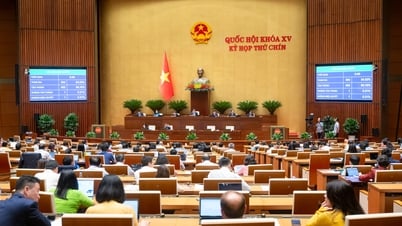

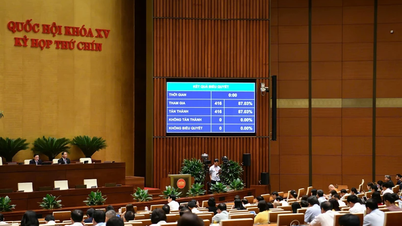

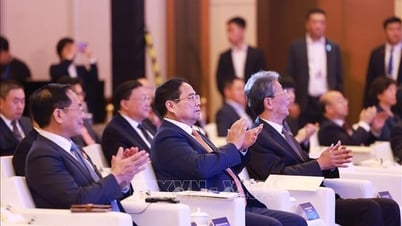

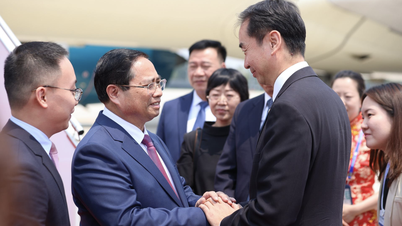

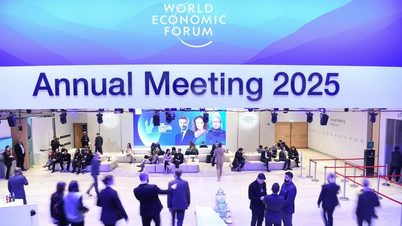
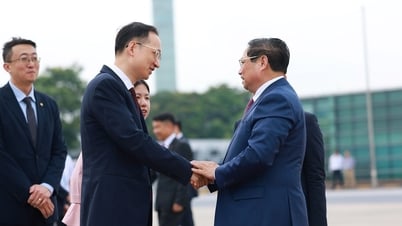





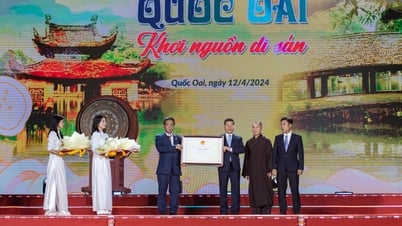

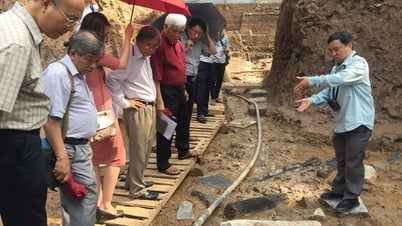

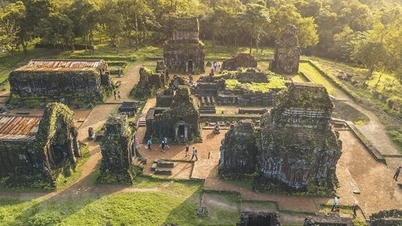
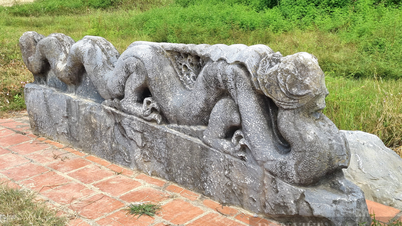

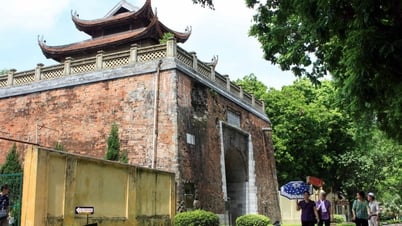
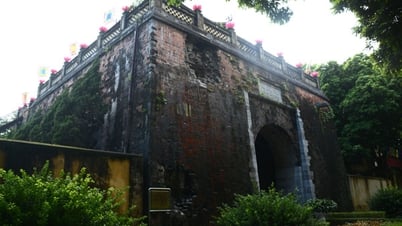





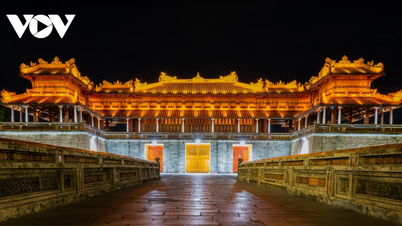

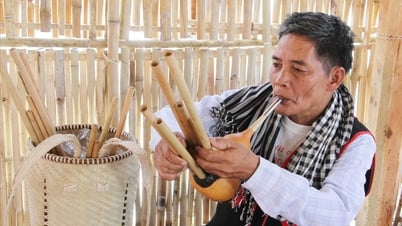





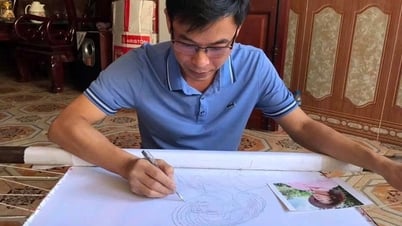



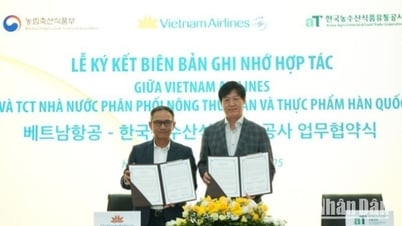

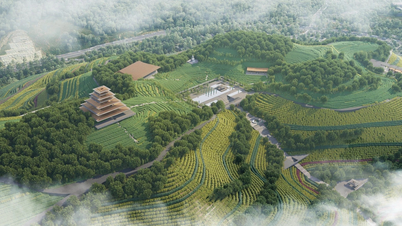






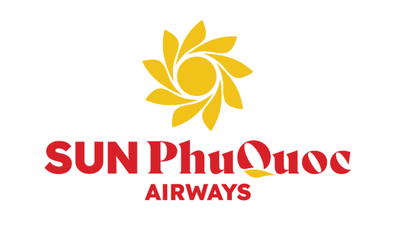


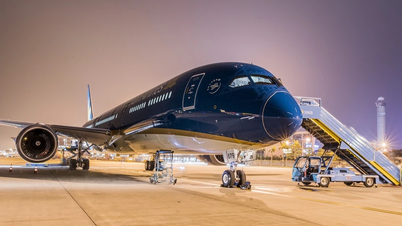
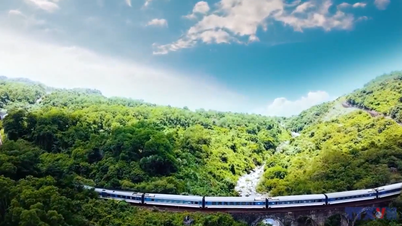





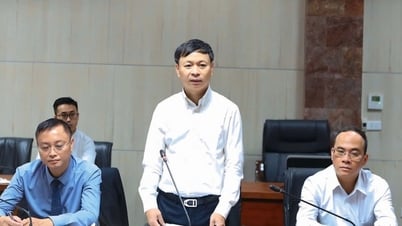



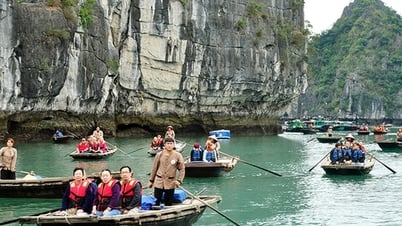
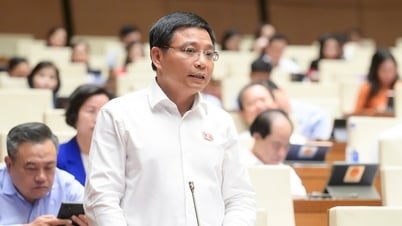
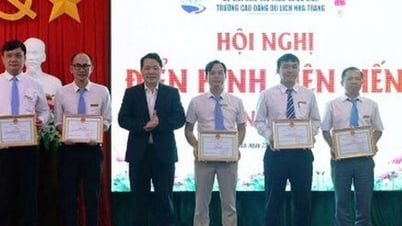
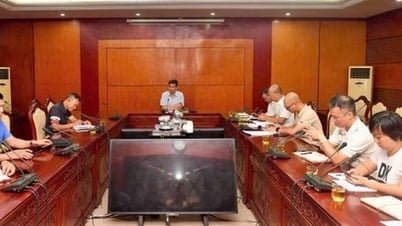





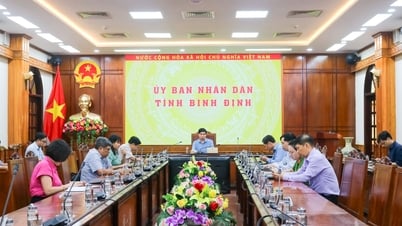



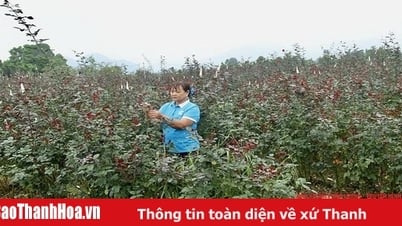














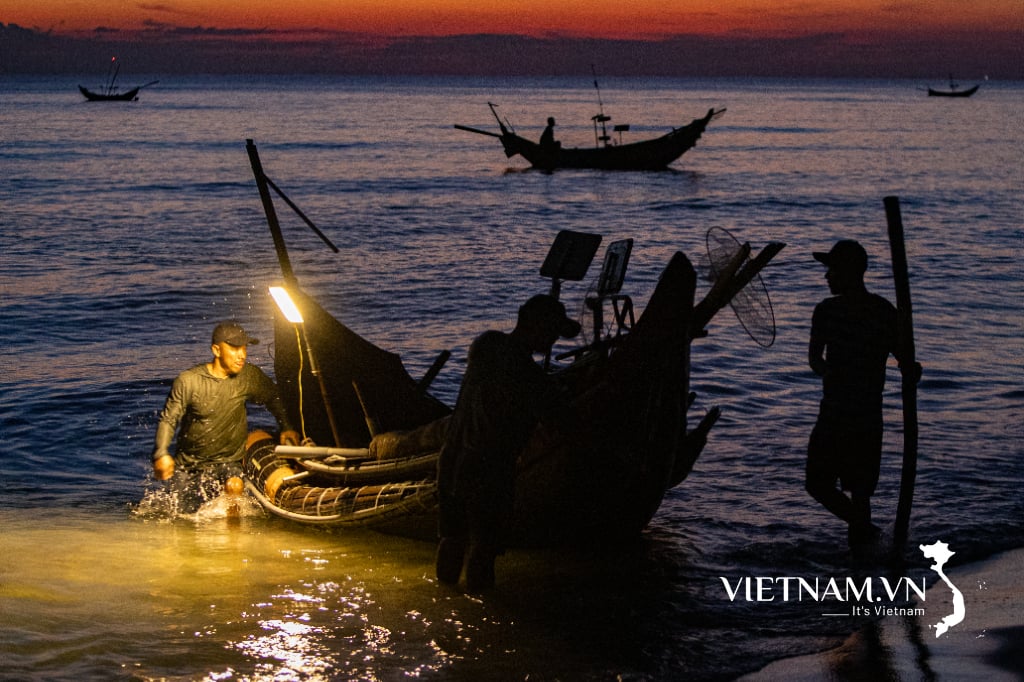

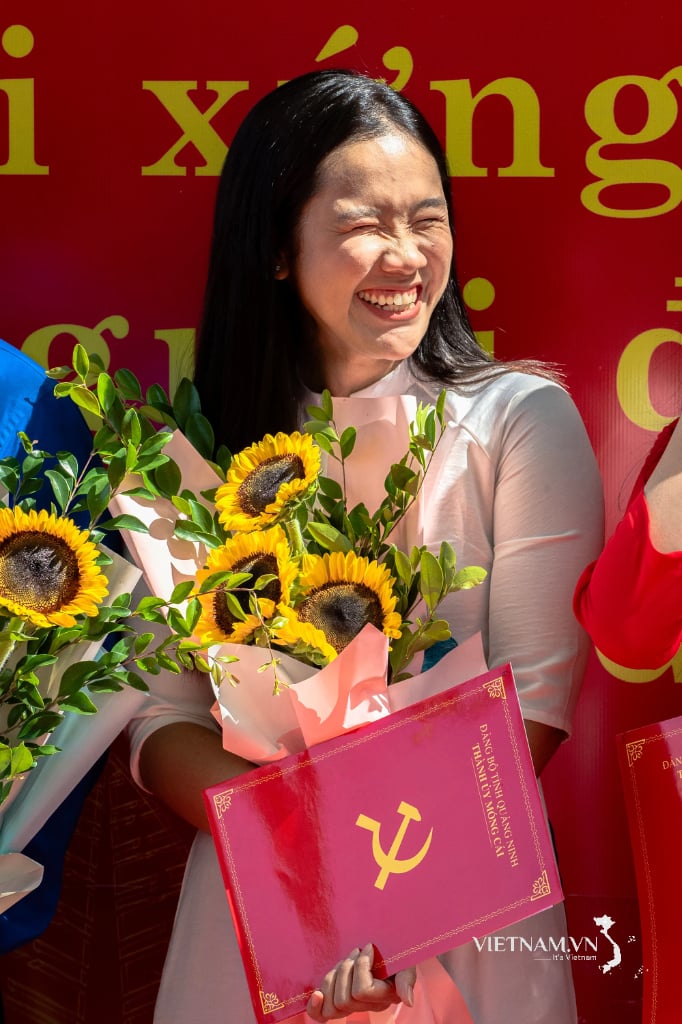
Comment (0)